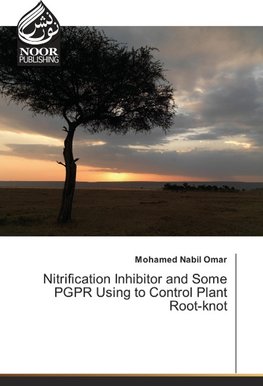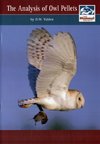
-
 Anglický jazyk
Anglický jazyk
Nitrification Inhibitor and Some PGPR Using to Control Plant Root-knot
Autor: Mohamed Nabil Omar
Nitrification inhibitors are widely recognized as N management tools that can improve corn yield in situations where potentials of N losses are high, such as on sandy soils and on poorly drained soils. Their use is also increasing in environmentally sensitive... Viac o knihe
Na objednávku, dodanie 2-4 týždne
33.30 €
bežná cena: 37.00 €
O knihe
Nitrification inhibitors are widely recognized as N management tools that can improve corn yield in situations where potentials of N losses are high, such as on sandy soils and on poorly drained soils. Their use is also increasing in environmentally sensitive areas where groundwater nitrate levels are of concern. Inhibitors reduce N leaching by stabilizing applied N in the ammonium form for an extended period. The resulting enhanced ammonium nutrition produces higher yields and greater levels of N and P uptake. Root-knot nematodes (RKN) Meloidogyne spp are among the most damaging nematodes in agriculture, causing an estimated US$ 100 billion losses /year worldwide. The functional root system is modified into gall and it impairs uptake of water and nutrients. Poor development of root system makes the plant highly susceptible to drought. Ammonia (NH3) has been widely reported to adversely affect survival or germination of certain soil born fungi and nematodes. Plant growth promoting rhizobacteria (PGPR) have positive effect on the growth and yield of crop plants by various mechanisms including production and secretion of plant growth regulators, by eliciting root metabolic activit.
- Vydavateľstvo: Noor Publishing
- Rok vydania: 2016
- Formát: Paperback
- Rozmer: 220 x 150 mm
- Jazyk: Anglický jazyk
- ISBN: 9783330804869












